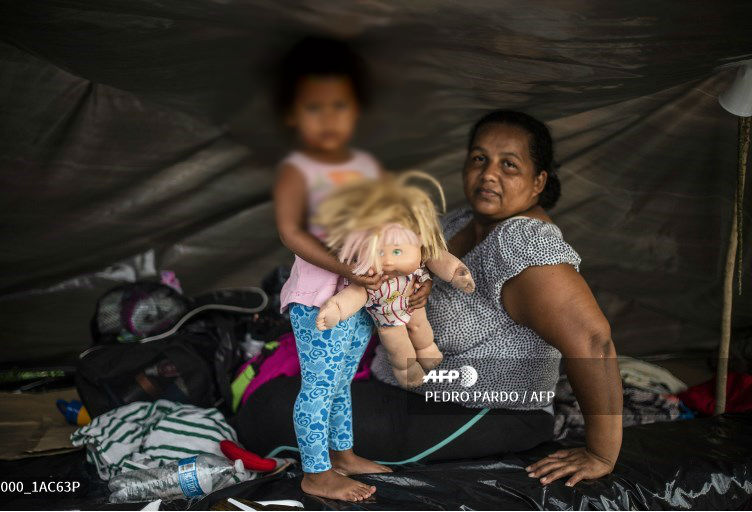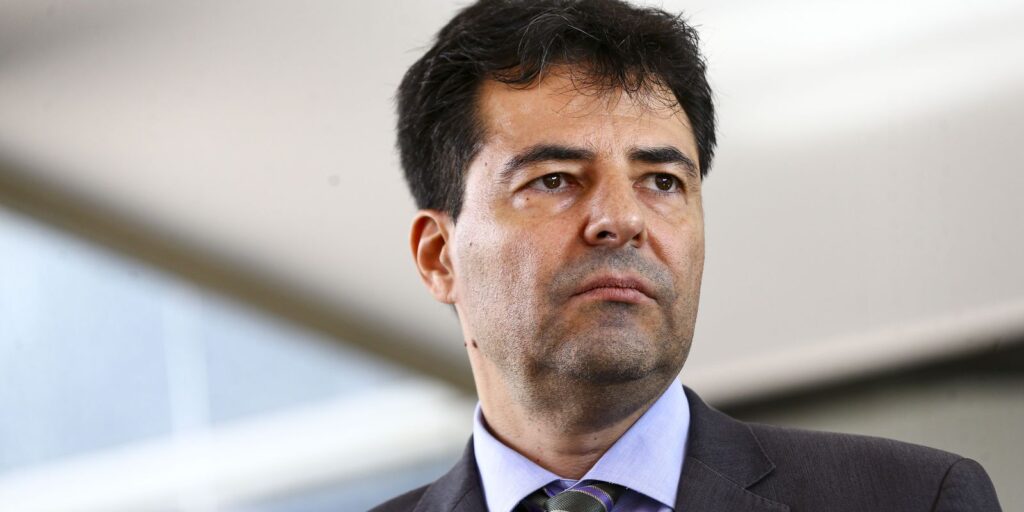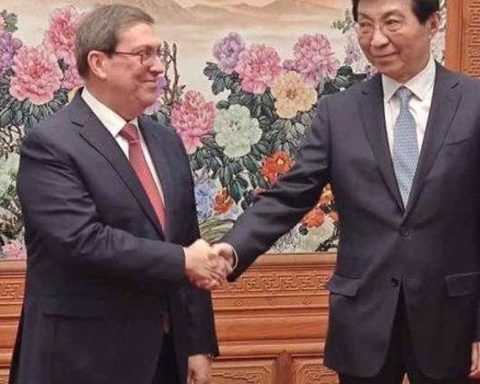Lucas Gómez, manager of Borders, revealed that the National Government approved in a session of the National Council for Economic and Social Policy (Conpes), the budget allocation of around 13 billion pesos for the care of Venezuelan migrants. The monies, distributed over 10 years, are aimed at health, education, work, among others.
This Conpes establishes as a State policy the attention to Venezuelan migrants, and creates public policy guidelines for the socioeconomic integration of this population for the next 10 years.
Also read: Politicians should talk about the currency? Expert warns of currency effects
“In a Conpes session, in the company of the President of the Republic, Iván Duque and several ministers, the document for the socioeconomic integration of the migrant population was approved. This is one of the great challenges that we had and it was to make the leap in humanitarian attention that was given from the first days of the crisis,” explained Gómez.
According to the manager of Borders, the money allocated will be to understand the Venezuelan migrant population that has the vocation to stay in Colombia.
“That’s why we got the Temporary Protection Statutebut we needed this additional step that defines the guidelines for that economic integration,” the official said.
You may be interested in: Luis Gilberto Murillo, new ambassador to the United States in the government of Gustavo Petro
The Conpes involves the sectors of housing, education, health, work, ICBF and the Ministries of the Interior, Defense and Justice. “Almost all government actors were present and alsowork was done with territorial entities because we have seen this as a State policy and in that sense we have projected it for 10 years,” he said.
The measure will seek socioeconomic integration and foresees an investment of around 13 billion pesos, where, according to the decision, a large part of the resources will be allocated to guarantee health care. “So that migrants can receive what they are already receiving as part of a scheme of constitutional rightsbut this time with dignity and visibility,” Gómez finally said.















